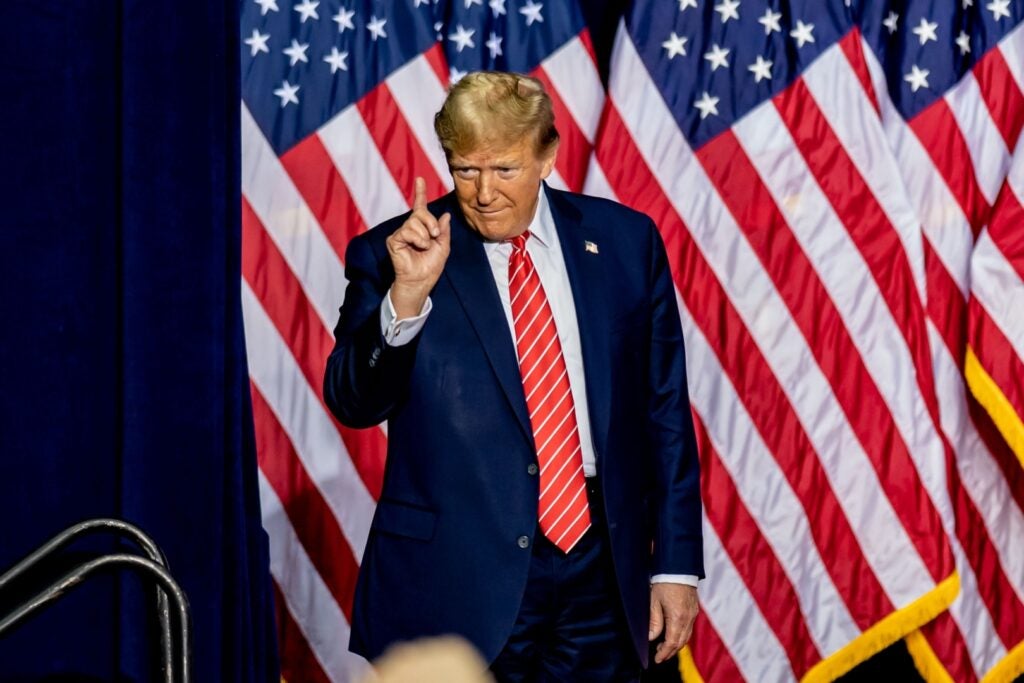
On Sunday, University of Michigan economist Justin Wolfers highlighted the unusual carveouts in the new U.S.-U.K. trade framework, with leading British brands such as Rolls-Royce Plc, Aston Martin, Bentley, and several other high-end automakers effectively dodging the tariffs.
What Happened: During his appearance on Times Radio, Wolfers called the decision “politically insane,” arguing that it undermines the administration’s stated goal of protecting American workers and reshoring production.
Wolfers finds it amazing that President Donald Trump said “we’ve got to give them a break on the Rolls-Royces because they’re beautifully made, handcrafted cars,” since the “whole point of the tariffs is to bring production to America,” he says.
“We have tariffs on bananas, something no American worker is ever going to learn to grow,” Wolfers said, pointing to similarly inexplicable duties on vanilla and diamonds, which the U.S. can’t produce or mine. And yet, “the one thing we definitely can’t do [without] is Rolls-Royces, so that gets a special carveout.”
Wolfers wonders if “these people” just see the parking lot at Mar-a-Lago and think “well that’s what people drive, that will help working and middle class Americans,” highlighting the absurdity of this move.
Why It Matters: Wolfers has repeatedly criticized the aimless, shifting goalposts and “fundamentally incoherent” nature of Trump’s tariffs. Just a week ago, he stated that Trump can either have a deal or tariff revenue, no both.
Just a day after the “Liberation Day” tariffs were unveiled, Wolfers called it “monstrously destructive,” and something that would hurt “working Americans more than anyone else.”
Automakers General Motors Co. GM, Ford Motor Co. F and Stellantis NV STLA have joined in on the criticism of Trump’s trade deal with U.K., saying that “it will now be cheaper to import a U.K. vehicle with very little U.S. content than a USMCA compliant vehicle from Mexico or Canada that is half American parts.”
Read More:
Image Via Shutterstock


